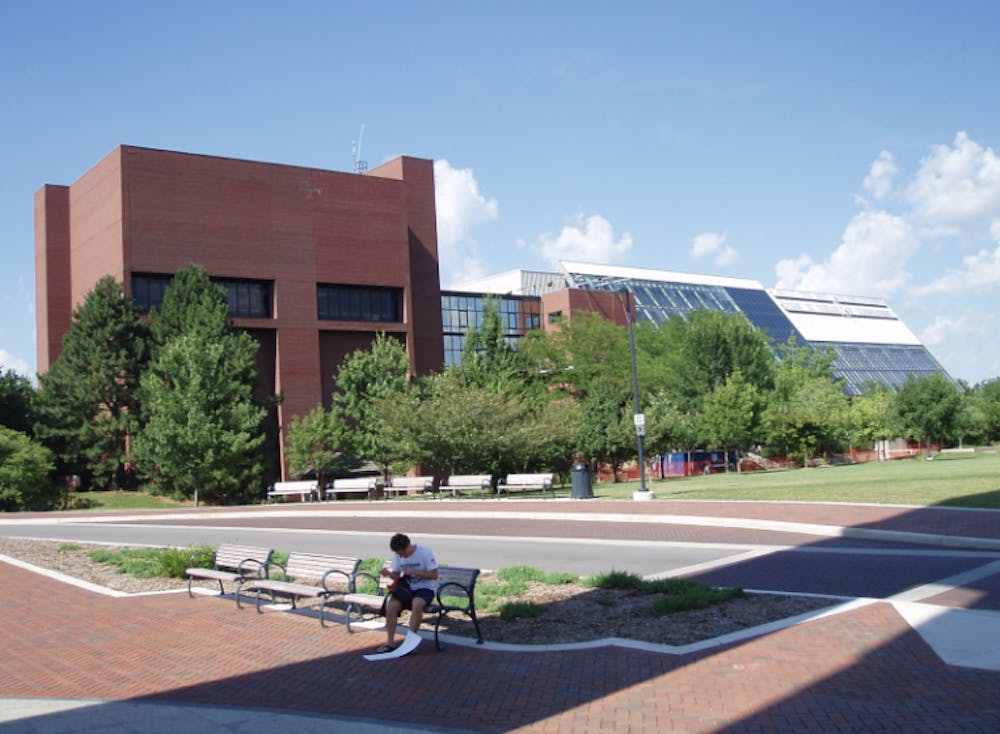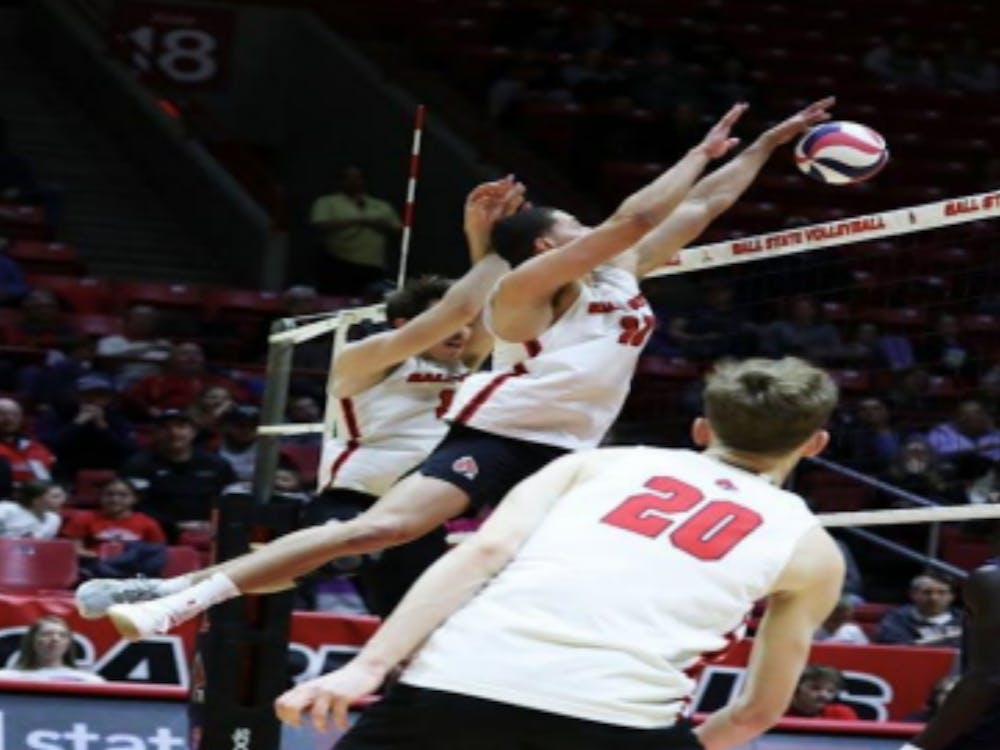MUNCIE, Ind. --- Since 1965, the college of Architecture and Planning has been around working with students and serving the community.
In recent years the college has partnered with companies and organizations in over 80 communities Indianapolis, Selma, Muncie and now into a new city up north east.
I spoke with members of the urban planning department to tell us more about this new partnership.
For over 30 years Scott Truex, the chair of urban planning, has been involved in community outreach through cap.This year the program is expanding into a new city.
"We're moving towards Fort Wayne in a new partnership there, with Electric Works,” Truex said.
Electric Works is a formerly abandoned General Electric (GE) plant turned into a mixed use district. Truex says this partnership is going to benefit the students involved.
"Our students, especially the urban planning department, from the beginning of our program, are working in a context where they're getting to work with community members and learning about how real world projects work." Truex said.
Third year student, Grayson Cates, also believes these immersive learning projects are beneficial for their future.
"We're not just sitting in a lecture learning about different aspects of planning, we're actually doing planning and learning how it actually works, so that when we get into our careers, we've actually done things like it before." Cates said.
Aside from real world experience, students are working inside the Fort Wayne community.
"We're going to be working with the community and seeing what they want to become of their neighborhoods and just see what the future is for them," Junior Urban Planning student, Brenden Resick, said.
Helping communities reach their potential. That's the goal of these immersive projects.
"Good planning is about that, it's about helping the community create a vision and then help them give them the tools and the opportunities to implement that."
Truex says this isn't anything special, it's just a part of what cap is "And as I say it's a part of our DNA."
Contact Rebecca Rosado with concerns at rrosado@bsu.edu












